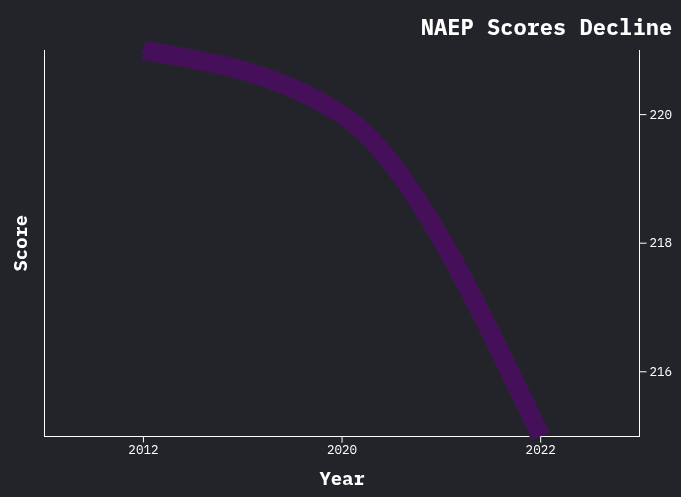There has been a long-running debate about whether gas or electric cars are better. With each side having its pros and cons, it can be hard to decide which one truly is the best.
Gas cars are known to have some of the nicest vehicles in the world, such as the Bugatti La Voiture Noire. They “sound beautiful,” said senior Abdesammad Zerrouq.
Gas cars are also more reliable and known to last very long. Some can last for upwards of 300,000 miles.
However, they can harm our environment because the exhaust that is produced releases carbon dioxide into our air. The increase in carbon dioxide in our atmosphere leads to global warming and air pollution. The carbon dioxide emissions they cause smell bad, and if they run in your garage there’s a chance of death from carbon monoxide poisoning.
Owners of gas-powered cars will have to spend quite a lot on gas due to how heavy they are. They require more maintenance than electric vehicles (EVs) because of oil changes and other engine problems that occur over time. Despite this, gas-powered cars are everywhere you look because they are common and less expensive.
Electric cars are fundamentally different. With so many changes to how they work compared to gas-powered cars, they don’t need as much maintenance.
EVs don’t have engines that require gas so they don’t need oil changes. They also have a frictionless brake which uses the engine to slow the car down instead of a brake pad that needs to be changed.
They do run through tires quickly because of instant torque which causes stress to the wheel. This makes drivers have to buy new tires fairly often, but EV tires are cheaper than gas-powered vehicle tires.
You can also save lots of money by charging EVs in your home overnight. Even though electricity costs money, it is a lot cheaper to do that instead of paying $30 or more on gas every week. You can warm your car from your phone before using it, as well as lock it, open the windows, and many other features.
EVs, however, do need a long time to charge and have a shorter distance that they can drive before needing to recharge. This can make it inconvenient to go on long trips. There are also a limited number of charging locations making it even harder to charge your car.
EVs don’t last as long as gas-powered cars because after they are driven for more than 125,000 miles they can be considered totaled. This is because the value of the vehicle goes down quicker than gas-powered cars due to the battery lifetime.
EV batteries are infinitely recyclable, and most EV batteries come with a warranty that is good for around eight years and 100,000+ miles. Batteries can cost as much as $20,000, but warranties that are there for almost every EV battery, will fully cover the cost of a new battery due to government regulations.
EVs are a more eco-friendly option, producing no harmful emissions and requiring less maintenance than gas-powered cars. They offer cost savings through home charging, and while their range and battery lifespan are shorter, technology is quickly improving. Choosing an EV supports a cleaner environment and prepares for a sustainable future.







